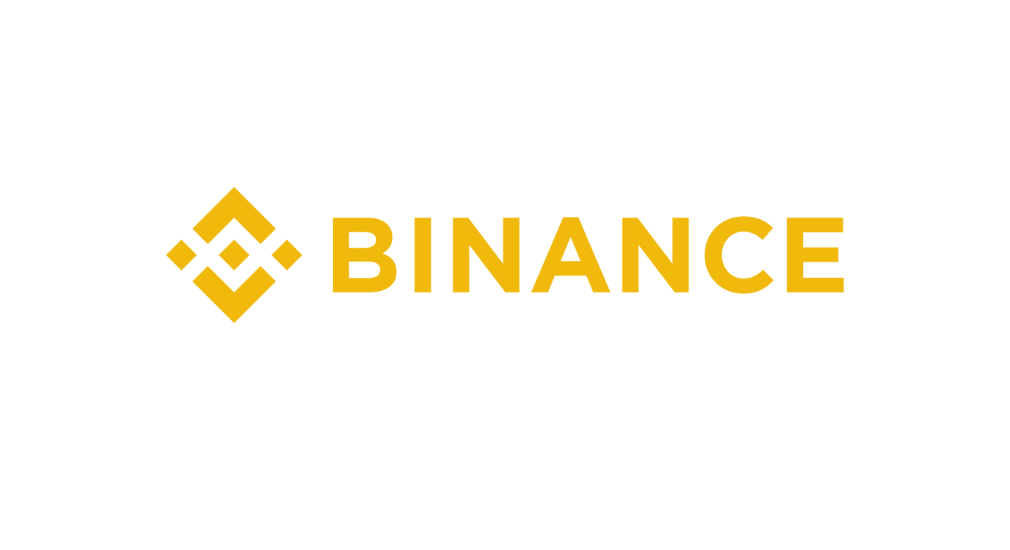This order comes on the heels of last year’s stern warnings from Nigerian regulatory authorities advocating for a ban on Binance, signaling tightening scrutiny over cryptocurrency exchanges in the nation.
Justice Emeka Nwite, presiding over the case, issued this interim mandate on February 29, acting on an ex parte application by the EFCC against Binance. An ex parte motion allows one party to seek a court’s intervention without the need for the opposing party’s presence, effectively leaving Binance without the opportunity to present a counter-argument at this stage.
Allegations of Criminality and Regulatory Compliance
The EFCC’s concerns center around the potential for illegal activities linked to Binance’s operations within Nigeria. Attorney Ekele Iheanacho, representing the EFCC, highlighted the gravity of the situation by pointing out that non-compliance with the EFCC Act of 2004 and the Money Laundering (Prevention and Prohibition) Act of 2022 could have serious legal ramifications. These regulations mandate the reporting of suspicious transactions, with stiff penalties in place for those who fail to adhere.
EFCC agent Hamma Bello underscored the urgency of the investigation through an affidavit that shed light on possible instances of money laundering and terrorism financing via the Binance platform. The affidavit also drew attention to the detrimental impact of illicit trading activities on the Nigerian foreign exchange market, exacerbating the depreciation of the national currency.
The call for Binance to eliminate the Nigerian Naira from its trading options stems from these alarming revelations, as the EFCC aims to mitigate the adverse effects on the country’s economic health.
The Implications for Nigeria’s Crypto Regulatory Framework
The unfolding legal drama between the EFCC and Binance is not merely a standoff between a regulatory body and a cryptocurrency exchange; it is a harbinger of potentially transformative changes in the regulatory landscape for digital currencies in Nigeria.
The outcome of this case could set a precedent, influencing not only Binance’s compliance strategies but also shaping the regulatory framework governing all cryptocurrency exchanges in the country.
Our Comment on the Article
The Nigerian High Court’s decision to compel Binance to cooperate with the EFCC is a landmark moment that could redefine the operating standards for cryptocurrency exchanges in Nigeria. This case underscores the critical need for transparency and regulatory compliance in the rapidly evolving digital currency space.
As the situation unfolds, it will be crucial for all stakeholders in the cryptocurrency ecosystem to closely monitor the developments and adapt to the changing regulatory environment. This case not only highlights the challenges of regulating a highly volatile and decentralized market but also serves as a reminder of the importance of safeguarding the financial system against illicit activities.

